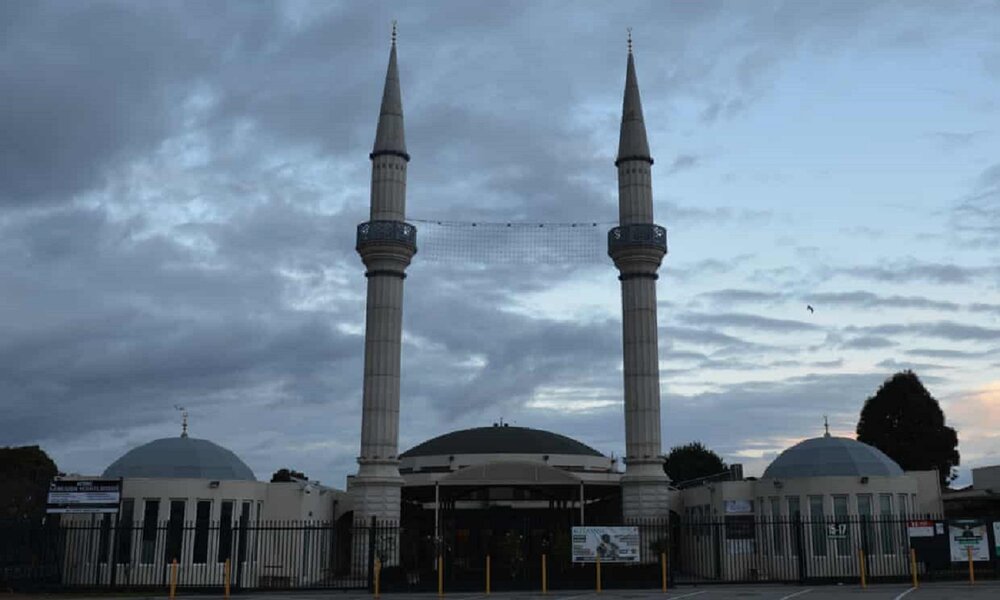Hawzah News Agency –The government’s religious discrimination law could place “a heavy burden” on already marginalised Muslim communities because it allows discrimination on national security grounds, Islamic organisations have said.
Scott Morrison has said the proposed legislation should “give Australians of faith confidence – confidence to be themselves and confidence in the country they belong to”.
But three organisations have raised concerns about a section of the bill that says it is not unlawful “for a person to discriminate against another person on the ground of the other person’s religious belief or activity” for national security reasons.
The exemption applies if the person discriminating “is performing a function or exercising a power relating to law enforcement, national security or intelligence under a law or program of the commonwealth”.
The bill says “the conduct constituting the discrimination” must be “reasonably necessary in performing the function or exercising the power”.
The Australian Muslim Advocacy Network (Aman) said the proposal “imposes a heavy burden on Muslim communities who are already marginalised and feel highly vulnerable”.
“There is absolutely no legal justification for authorities to discriminate against communities or people based on their faith,” the network said in a submission to the parliamentary joint committee on human rights.
“Their work is to assess and prevent the risk of violence.”
The government has argued the bill is needed to prohibit direct and indirect discrimination on the grounds of religious belief or activity in work and other areas of public life.
Aman argued other parts of the bill provided “a much-needed safeguard” from discrimination, but the exception clause “sends a dangerous signal to law enforcement that religious discrimination against Muslims will continue to be necessary”.
It cited an Australian Human Rights Commission survey that found the most common situations in which Australian Muslims reported experiencing unfavourable treatment included when dealing with law enforcement. This was nominated by half of all respondents.
Aman said Australia’s definition of terrorism included a motive of religious, political or ideological causes. According to the submission, the idea of a religious cause of terrorism “propagates the lie that Islamic religiosity leads to terrorism” and had also “legitimised ISIS movements”.
Authorities and the media labelled the activities of ISIS and other overseas terrorist groups as religiously-motivated, the submission said, “even though their actions would be sufficiently and more appropriately covered under ‘ideological’ or ‘political’ cause”.
“This submission notes that authorities do not refer to white supremacists as ‘patriotically motivated’ or ‘patriotic cause’, even though that is how they may refer to themselves,” Aman said.
The Islamic Council of Victoria also called for the removal of the exemption, saying it would “enable law enforcement and security agencies to allow biases, stereotypes and unfair procedures to govern their functions and powers”.
“Muslims have long been subjected to racial profiling and targeting under the guise of national security,” the council said in its submission.
“The introduction of [this section] will only make it clear that the commonwealth government believes that religion is a legitimate basis for discriminating against individuals and religious groups.”
The Australian National Imams Council told the committee the exception appeared to be “unduly broad in the protection which it provides”.
“If such a provision operates to provide a broad exemption to law enforcement, national security and intelligence functions, it risks alienating Muslims and creating a sense of mistrust given the experiences of coercive and investigative powers being misused,” the council said.



Your Comment